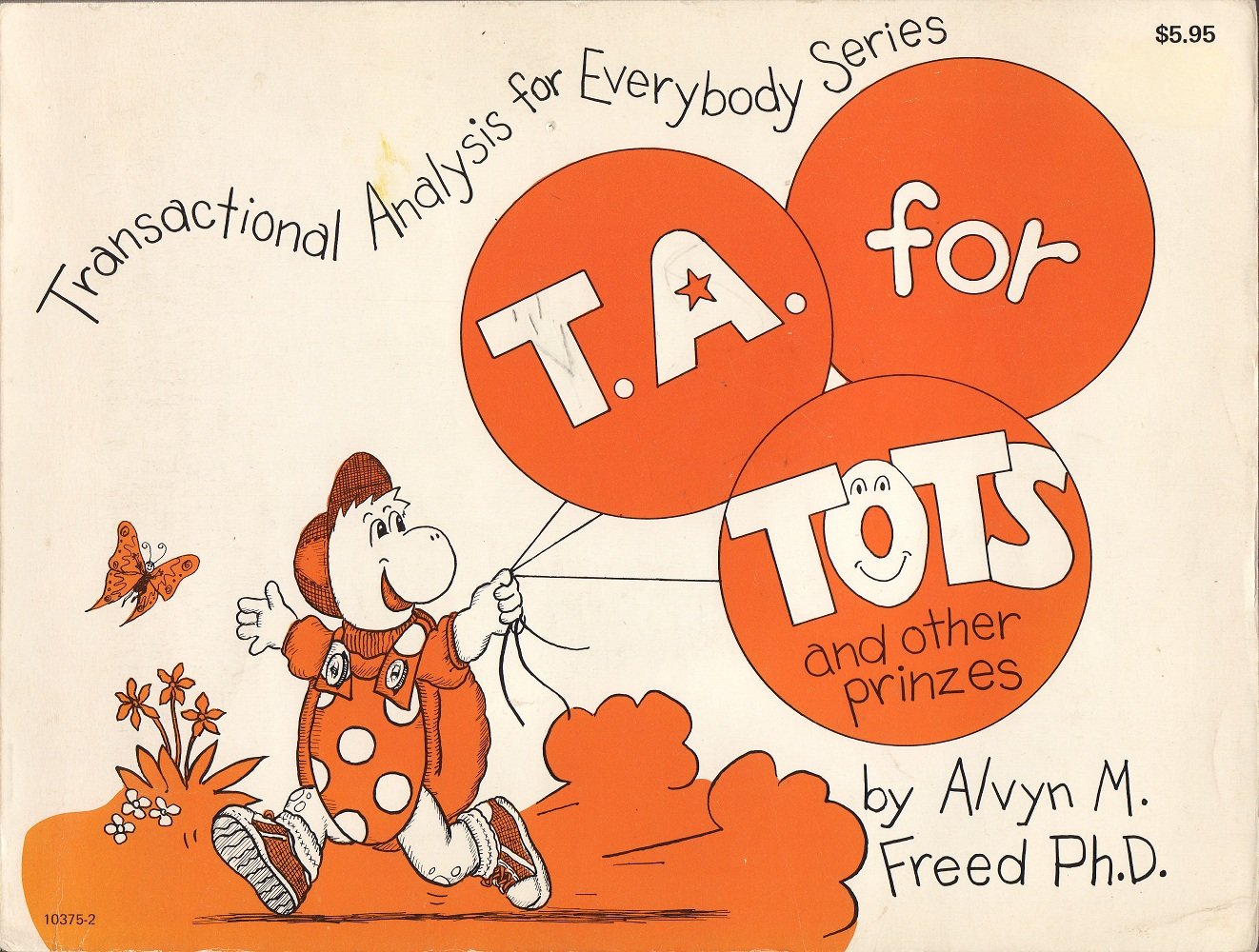
On Slate Star Codex, psychiatrist Scott Alexander offers a "book review of All Therapy Books", which is a jumping-off point for asking how it is that psychotherapy is periodically rocked by new therapies that seem to perform incredibly well, but whose confirmed efficacy shelves off over time.
He proposes four different possibilities to explain this: maybe the first people to practice a new therapy are the most plugged-in, best psychotherapists, and then, as mediocre therapists adopt the practice, it dilutes the findings; maybe once the therapy is more familiar, the placebo effect (driven by excitement at trying something new) fades; maybe the underlying ideas in the new therapy get widespread attention so patients show up already having received much of the benefit the therapeutic perspective brings; or, maybe the inventors of the therapy are "true believers" who do quick studies that are countered by wider follow-on studies.
Continue reading
No comments:
Post a Comment